
Why Do Dogs Bite: Know it all

Usually, dogs bite people when they feel terrorized in some way. It's a habitual instinct that still prevails in domesticated dogs. This is what demands humans to understand what may trigger an aggressive behaviour in dogs when you interact with them

- A dog may bite to protect itself, its possession, or a member of its troop. A mother dog viciously defends her puppies as well.
- Staggering a dog by waking it up or unexpectedly approaching a dog from behind can provoke them to bite.
- Running off from a dog, even while playing, can likely provoke them to bite. The dog may think it's part of the play, or running away could trigger herding behaviour or predatory chasing in certain breeds.
- Most often, dogs in a threatened situation may bite anyone who tries to approach them even if your true intention is to help. Such a situation may arise as a result of being abused or abandoned, or it may be something you interpret as ordinary such as a loud noise.
- Injury or illness is another common reason for such aggressive behaviours of dogs. If dogs are in pain or feel sick, they may not even want to be approached or cuddled by their own people.
How to avoid Dog Bites


As dog owners, it becomes our responsibility to train our dogs and keep them under control at all times. We become solely responsible for our dog's behaviour and are the first line of defence in preventing dog bites. It's important that we play our role in doing whatever we can to keep others safe and keep our pooches from biting.

- In order to reinforce good behavioural habits in your dogs, it’s important to train them on a daily basis and continue to monitor your dog’s training program.
- Allow your dog to socialize. Let them meet and mingle with different people, including children, disabled people, and older people under peaceful, positive circumstances.
- Expose your dog frequently to a wide variety of situations such as other dogs, loud noises, loud machines, bicycles, or anything that might evoke fear. Reinforce behavioural training in your dogs in their earliest age possible and keep the experiences positive.
- Pay close attention to your dog and understand the underlying reasons that may be provoking them. This way you can keep away from indulging in those activities or actions and train them in those specific areas to achieve their desired behaviour.
- Don't discipline your dog with violent, abusive or aggressive punishment. Choose positive reinforcement like praise and treats before utilizing shock collars and loud noises, to discipline them. Consistently rewarding your dogfor desirable behavior is far more fruitful because dogs like pleasing their people.
- Make sure your dog’s leash is always on. Try and contain your dog within a fenced area. Keep your dog in sight at all times when they’re off their leash in permitted areas.
- Ensure your dog gets a rabiesvaccination and visit the vet for overall wellness check-ups.

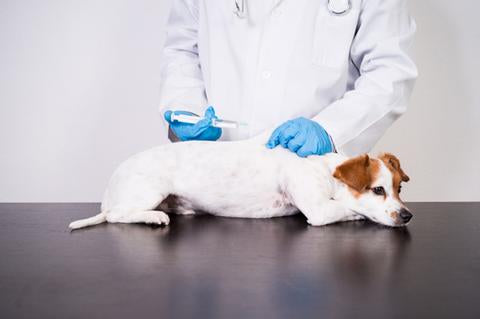




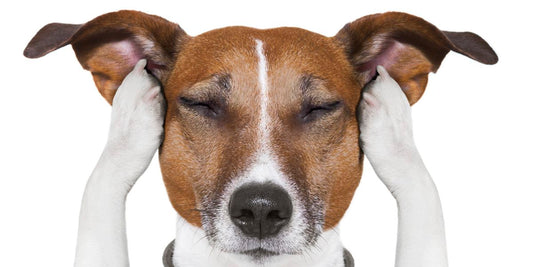
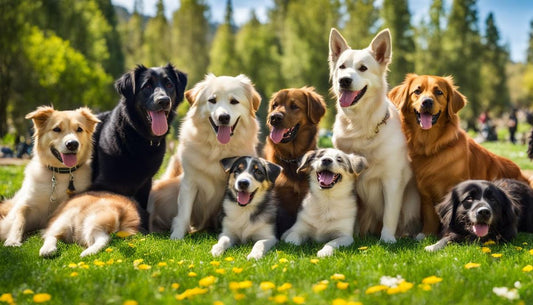


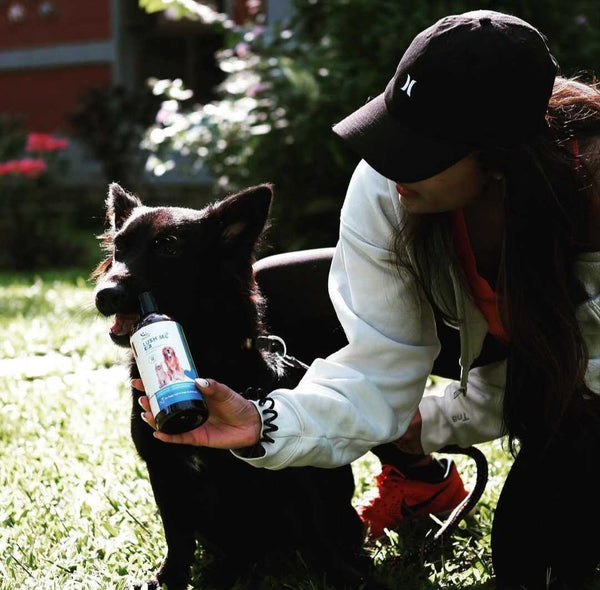
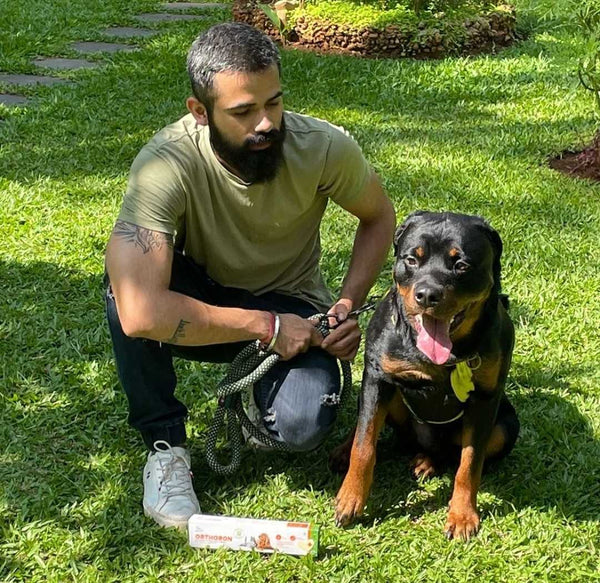

1 Comment
Hi this is Prathibha i have two dog named tom and jerry they are were good Dogs but my jerry does not like putting the belt on while taking him to the walking and has the bad behaviour of pretending of biting the people how gets scared come fight on us what be done for that